The RARE Advisor: Understanding M&A Bogeys
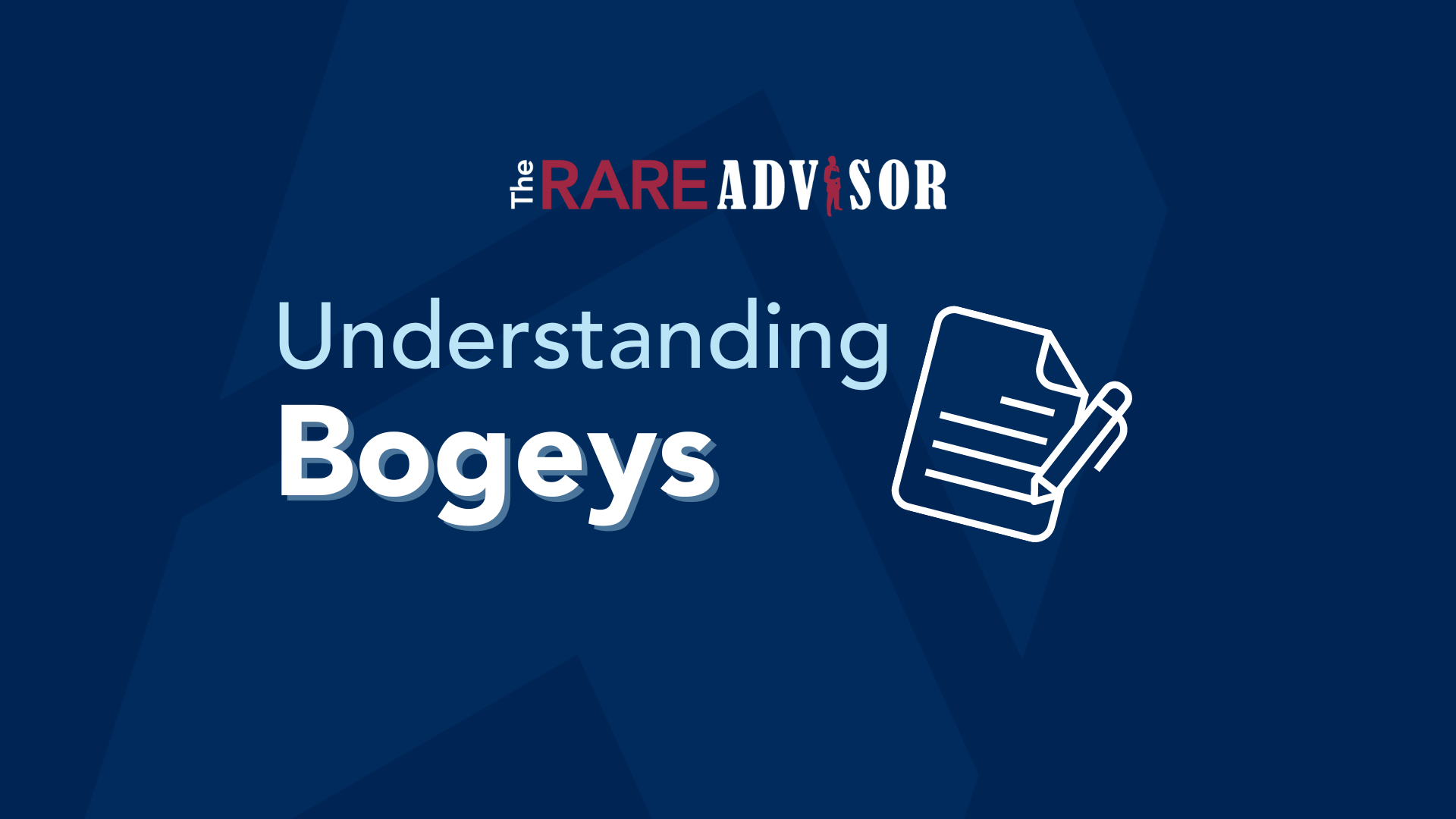
Whether you’re looking to acquire a practice, or you’re looking to sell a practice, you must understand how the bogeys inside the contract work. They can fluctuate, they can move around, and they can easily be used both to your advantage and your disadvantage – you just need to understand how.
Recently, I spoke to two ways you can quickly calculate the valuation of a financial advisory practice. Now, that's a really handy tool, whether you're purchasing an advisory practice or whether you're selling an advisory practice. It's not just for succession and retirement and transition. It's also on the other side of the equation, if you're outgrowing and building your business through acquisitions. But that always then creates the next conversation, which people seem to really get hung up in the weeds on, which is what I call the bogeys. Some people call them bogeys, some people call them thresholds, some people call them floors, but just about every deal out there will have one form of a bogey or another. Now, normally the way a bogey works is the bogey can be on either side of the equation, to protect either the buyer and/or the seller. With the typical bogey, where you see it most often, it's a floor that creates some protection for the seller, but also some protection for the buyer.
So let's just say the bogey is at 90%. What that means is that as long as the value of the practice maintains itself at its current level, or up to 10% in decline (it can't go below 90%), then the payout to the seller will be the full agreed upon payout number. Now, if the valuation were to drop below 90%, then it will go to a pro-rated adjustment. So let's say it goes down to 85%. Well, now the seller is only get going to get 85% of the payments that they normally would have agreed upon. The way that this normally gets calculated is either based on revenue, or assets under management, or number of clientele, or some formula that is agreed upon that combines those things. But just think in terms of revenue, that's the easiest way to do it. If the firm had been running at a million dollars of revenue and now it's running at $920,000 of revenue, well, that's still above the 90% number. So they will still get paid just as if it had been a million dollar deal. But, if it falls down to $850,000 of revenue, then the payments to the seller are going to go pro-rated down to 85% of whatever that number had been.
Now, you can also partake on the upside. So maybe a seller says 'Well, okay, if I can lose it on the downside, then I want to be able to gain it on the upside. And I really want to help you in this transition. And I want to make sure that not only does this business come in play, but we comb through the existing client base, and we identify the assets that maybe I didn't previously get. I'm going to help you get them in the new deal. So, therefore, if the value of the firm increases by over 5%, then I get an increase in the payments as well on a pro-rated basis.' So they can go either way. It depends on if you're a buyer or seller how you might want to negotiate that, but it is important to understand that they all pretty much have these bogeys in the deal.
--
The RARE Advisor is a business model supercharged by Recurring And Repeatable Events. With more than thirty years of working with and coaching successful advisors, host Mike Walters (along with other leaders in the industry), discusses what it takes to grow a successful practice. With the aim of helping financial professionals and financial advisors take their business to the next level, Mike Walters shares insights and success stories that make a real impact. Regardless of the stage of your practice, The RARE Advisor will provide thoughtful guidance, suggestions for developing systems and processes that work, and ideas for creating an authentic experience for your clients.
The RARE Advisor is also a podcast! Subscribe today via Apple Podcasts, Google Podcasts, or your preferred podcast listening service for easier on-the-go listening.
Author Info
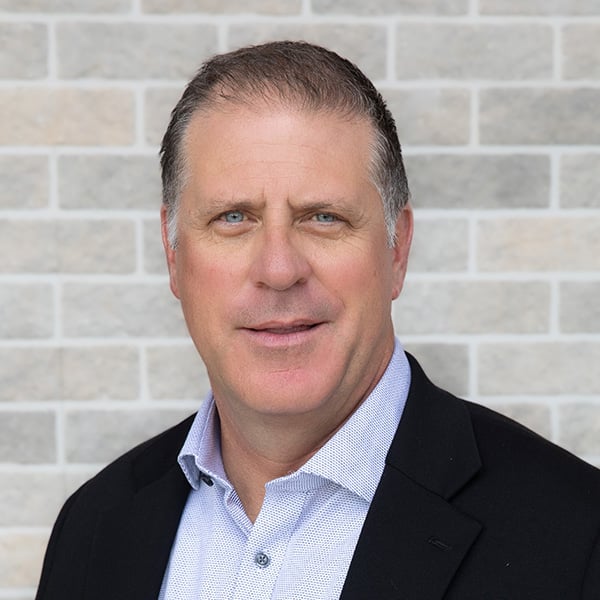
Mike Walters is the Chief Executive Officer (CEO) of USA Financial, leading the firm since its inception in 1988. Mike is committed to...
Related Posts
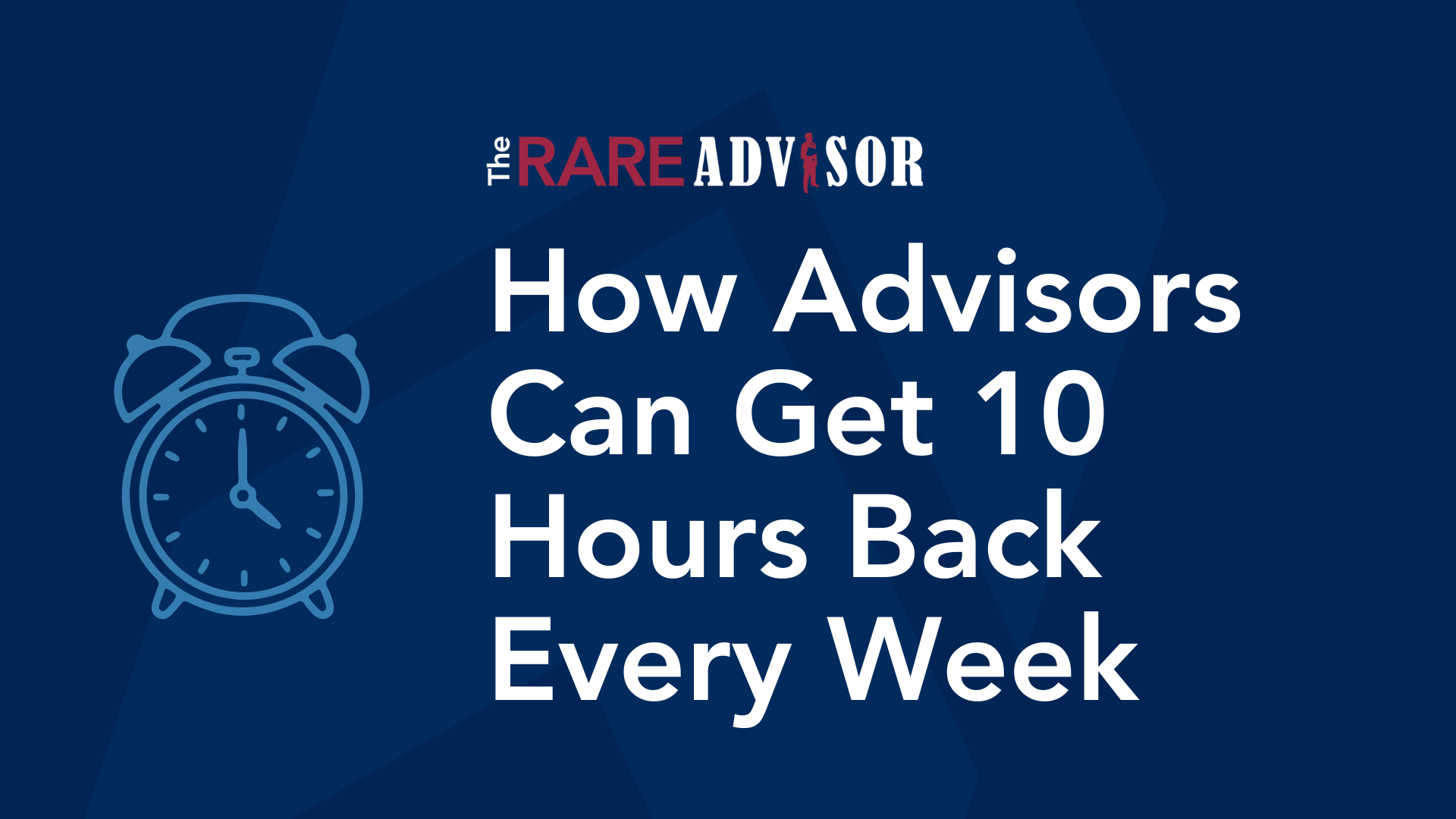
How Advisors Can Get 10 Hours Back Every Week
In this episode of The RARE Advisor, host Aaron Grady and USA Financial Pareto coach and Practice Management Consultant Allan Oehrlein dive into time allocation as a core lever for advisory success. They unpack the biggest time drains—email, unsolicited calls, and open-door interruptions—and lay out a practical framework for calendar rebalancing that starts with personal time, management time, client appointments, dedicated communications windows, “work on the business” time, and high-impact growth activities. With real-world stories showing how advisors shift from reactive days to structured weeks (and even reclaim Fridays), Aaron and Allan share easy-to-implement tips: color coding calendars, scheduling buffers, daily huddles, and call/appointment protocols. If you’re ready to audit your calendar, define your ideal week, and create structure that truly liberates your practice, this conversation is your next step.
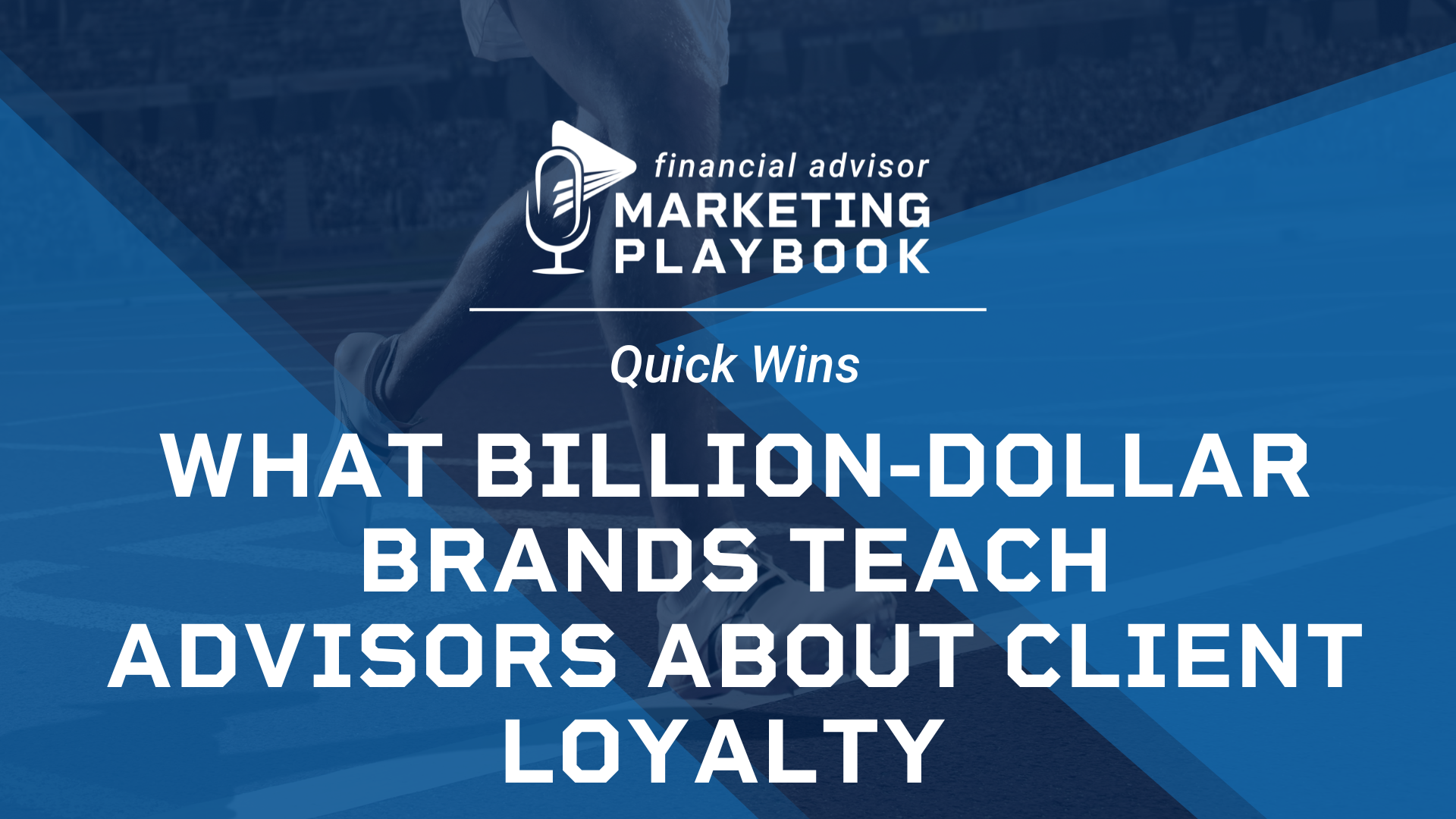
What Billion-Dollar Brands Teach Advisors About Client Loyalty
In this episode of the Financial Advisor Marketing Playbook, Mark Mersman explores what billion-dollar consumer brands like Peloton, Apple, Airbnb, Disney, and Starbucks understand about loyalty—and how financial advisors can apply these lessons to their own practices. Discover why loyalty is emotional, not transactional, and learn practical strategies to create belonging, simplify your process, showcase identity, design unforgettable experiences, and personalize client interactions. Tune in to transform your value proposition and build a community your clients never want to leave.
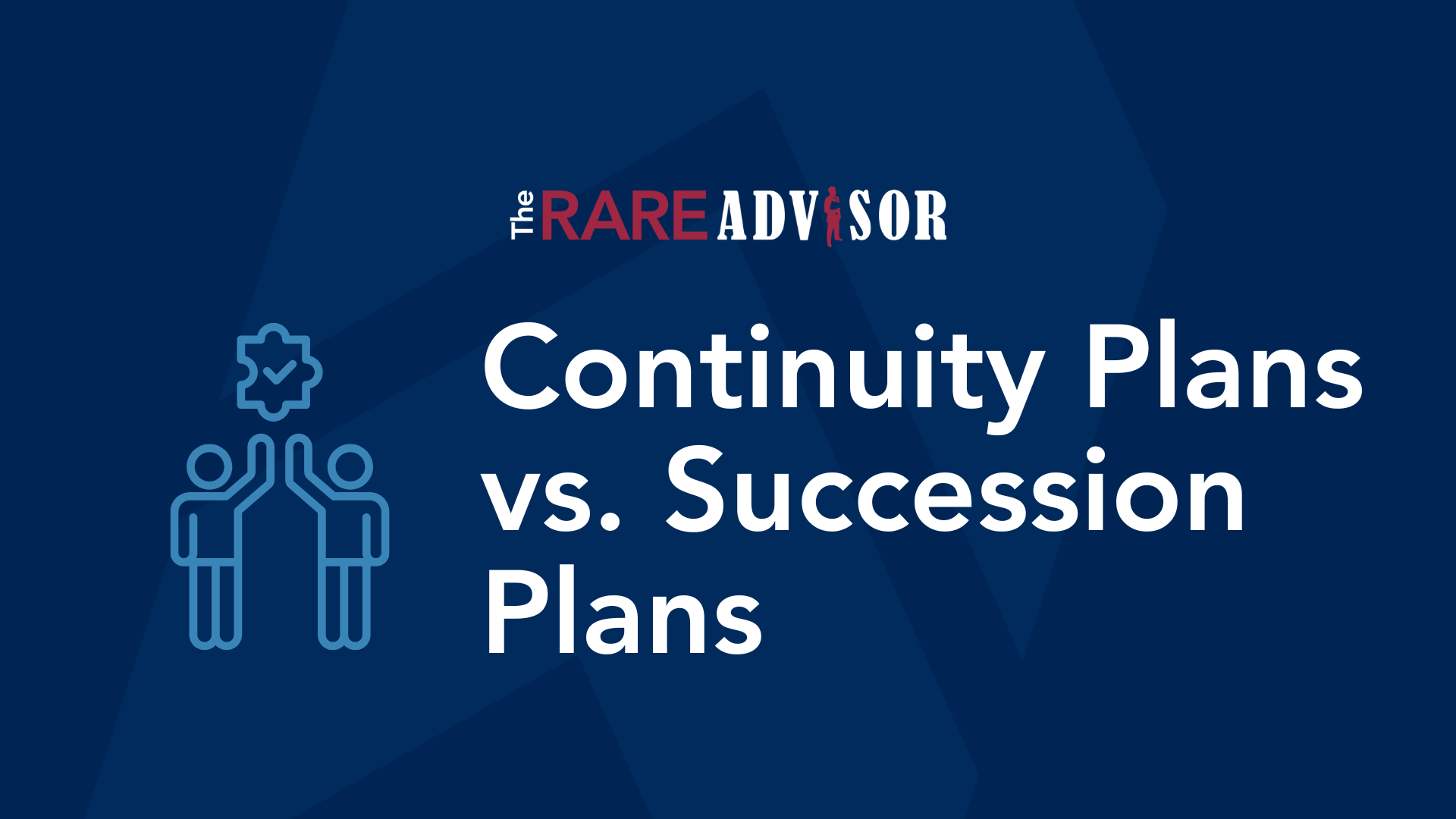
Continuity Plans vs. Succession Plans: Why Every Advisory Practice Needs Both
What’s the difference between a continuity plan and a succession plan—and why does your advisory practice need both? In this episode of The Rare Advisor, Aaron Grady breaks down these two essential strategies, explains how they protect your firm from unexpected events and prepare you for long-term success, and shares practical steps to start building or improving your plans. If you want to safeguard your business, elevate your professionalism, and protect your legacy, this episode is a must-watch.

How Advisors Can Get 10 Hours Back Every Week
In this episode of The RARE Advisor, host Aaron Grady and USA Financial Pareto coach and Practice Management Consultant Allan Oehrlein dive into time allocation as a core lever for advisory success. They unpack the biggest time drains—email, unsolicited calls, and open-door interruptions—and lay out a practical framework for calendar rebalancing that starts with personal time, management time, client appointments, dedicated communications windows, “work on the business” time, and high-impact growth activities. With real-world stories showing how advisors shift from reactive days to structured weeks (and even reclaim Fridays), Aaron and Allan share easy-to-implement tips: color coding calendars, scheduling buffers, daily huddles, and call/appointment protocols. If you’re ready to audit your calendar, define your ideal week, and create structure that truly liberates your practice, this conversation is your next step.

What Billion-Dollar Brands Teach Advisors About Client Loyalty
In this episode of the Financial Advisor Marketing Playbook, Mark Mersman explores what billion-dollar consumer brands like Peloton, Apple, Airbnb, Disney, and Starbucks understand about loyalty—and how financial advisors can apply these lessons to their own practices. Discover why loyalty is emotional, not transactional, and learn practical strategies to create belonging, simplify your process, showcase identity, design unforgettable experiences, and personalize client interactions. Tune in to transform your value proposition and build a community your clients never want to leave.

Continuity Plans vs. Succession Plans: Why Every Advisory Practice Needs Both
What’s the difference between a continuity plan and a succession plan—and why does your advisory practice need both? In this episode of The Rare Advisor, Aaron Grady breaks down these two essential strategies, explains how they protect your firm from unexpected events and prepare you for long-term success, and shares practical steps to start building or improving your plans. If you want to safeguard your business, elevate your professionalism, and protect your legacy, this episode is a must-watch.

